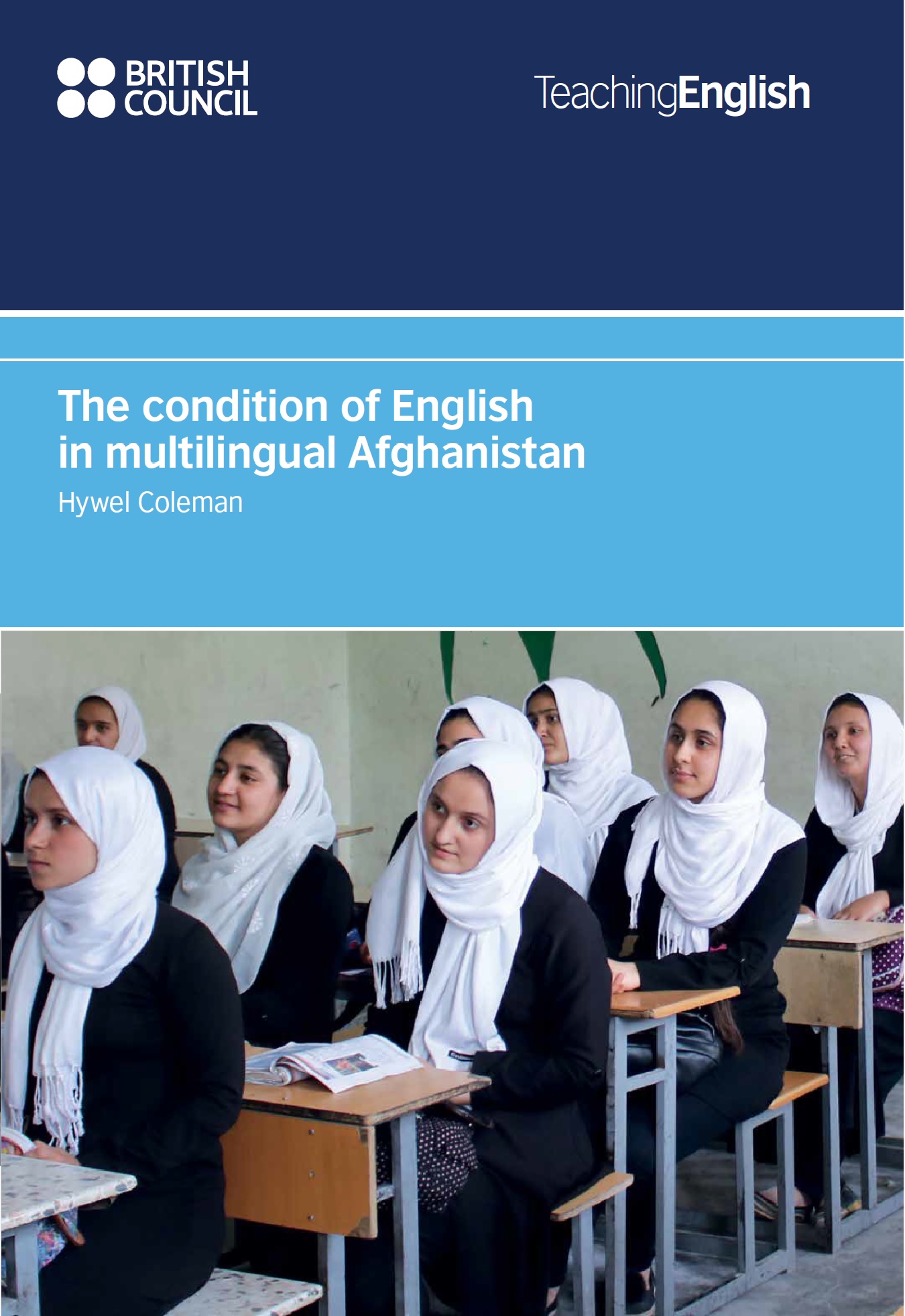The Condition of English in Multilingual Afghanistan
The research reported here investigates the condition of the English language in Afghanistan. The basic assumption is that the role of English in a particular context cannot be artificially divorced from the roles of other languages in the same linguistic ecology. Of particular importance are the societal multilingualism of the country and the individual multilingualism (sometimes referred to as 'plurilingualism') of members of the population. Similarly, the teaching and learning of English cannot be considered meaningfully without looking at the broader educational and social context. Attention focused on four issues: 1) the legal status (if any) of English and its manifestation in the linguistic landscape; 2) the English language competence of teachers and learners in all types of institution (including madrasahs and private courses) and at all levels of education; 3) the language profiles (i.e. first and other languages) of teachers and learners; 4) the views of interested parties, including representatives of provincial education directorates. The research concludes that English has 'concrete' and 'ideological' roles. It is used in interaction with the outside world. It also acts as a 'chaperone' between Dari and Pashto, the national languages, in public written contexts. In some quarters, it is perceived to offer an alternative to 'mediaeval' ways of thinking. But certain elements in society are deeply antagonistic towards English and see it as a threat.

Publisher
British Council
ISBN
9780863559594
Published
2019
Specialisation
Social Sciences
Theme
Linguistics
Education
Region
Afghanistan